What To Pack In Your Hospital Bag
THE ESSENTIALS
“When it comes to packing your bag, keep the essentials simple and easy to access – have all your mum bits, baby bits and birthing partner bits separate so there is no rummaging to find everything. For you, make sure you have dark-coloured cotton underwear (the bigger the better) to put on postpartum and maternity pads, as well as some post-birth clothing for going home. I really recommend having slip-on shoes, too.
“For birth partners, it’s a good idea to have a fresh set of clothes and toiletries packed too. Phone chargers and snacks are a must as you don’t know how long you may be in the hospital before, during or after your birth.
“For your new baby, a few changes of clothing like sleepsuits and vests are a good idea as they tend to need multiple changes in the day. Also pack a stash of newborn-sized nappies and wipes or cotton wool and plenty of muslin cloths.
“Finally, have your car seat ready for taking your baby home – and make sure you’ve practiced using it and feel confident with it before it’s time to make the first journey with the baby.”
HOME COMFORTS
“Think of the things you’s want to make your birth environment more comfortable – an eye mask, a room spray, music, a mood light or battery-powered candles for example – and make sure these are close to hand so your birthing partner can take control.
“Pack your favourite mini toiletries for your first post-birth shower, and your favourite biscuits to have with a cup of tea will also be an extra little treat. Extra-long changing cables can be handy for reaching over the bed, as is a water bottle that is easy to sip from one handed.
“A good pillow is a good idea, too, especially if you are likely to be in the hospital a little longer as often hospital pillows are very flat, and you may only be given the one. If you have a favourite blanket or dressing gown, then bring that along, too.”
CLOTHING
“Comfort is key during labour and after the birth, so choose clothes that you can move in and that don’t restrict you – think soft cotton fabrics and oversized items – are great. If you’re planning to use a birthing pool, you may wish to wear no clothes or opt for a comfortable bra top that isn’t going to feel too heavy once it’s wet. Post birth, big cotton knickers that sit above where a caesarean scar would be and are not tight on any vaginal wounds are a good idea and cotton is great for breathability and preventing excess sweating. If you’re planning to breastfeed, then a soft nursing bra is perfect for easy and discreet access.
“Sleepsuits with zips or poppers are ideal for nappy changes as you don’t need to completely undress the baby to change them and this can help keep them calm, as they typically don’t like the fluctuations in temperature after being so well regulated in the womb.”
TOILETRIES
“Keep everything travel-sized to stop you having too much luggage – think toothpaste, toothbrush, hair and body wash. Decanting any skincare or beauty products into clear travel-sized pots also save space. You don’t want to forget breast pads if you’re breastfeeding and a good supply of maternity pads are a must, too.
“Whatever brands you like, it’s a good idea to stick to the products you’ve tried before if you have skin sensitivities and treat yourself to things you like. A good lanolin-based nipple cream is great for protecting against nipple damage if you are breastfeeding and a nappy barrier cream to prevent nappy rash are essentials – both come in miniature form, too.”
ENTERTAINMENT
“Pack headphones so you can listen to music, podcasts, TV shows or audiobooks without worrying about disturbing others. Magazines, books or puzzle books to keep your mind busy will also help pass the time if you are in hospital for a little longer.
“Similarly, your birth partner should pack whatever they like, too. Oftentimes, couples will watch a TV series or film they both enjoy together, and this can be helpful in oxytocin promotion ahead of labour.”
SNACKS
“Snacks are essential. Packing some of your favourites for pre- and post-birth is a good idea – treat yourself to the things that bring you comfort. During labour itself, easy-to-nibble sweets, cereal bars or cracker biscuits are ideal as you won’t want a full meal, but it is a good idea to keep your energy up. Isotonic drinks and plain water are useful, again choose things you know you can tolerate and find bottles that are easy to drink from.”
POSTPARTUM CARE
“I’ve already mentioned maternity pads and dark, comfortable underwear is important, as are nipple cream and breast pads. Keep all wound care simple: good hygiene, water and thorough drying is perfect; you don’t need lots of lotions and potions as these can cause irritation.
“A nursing bra is a great idea for ease of breastfeeding and if you have harvested colostrum antenatally, then you can bring this labelled and give it to your midwife to store correctly for you. A good pillow that can help support you and baby to get into comfortable breast or bottle-feeding positions without hurting your neck and back is also handy.”
PRACTICAL EXTRAS
“It is a good idea to research things like the parking, visiting times and the number of birthing partners allowed, as well as options on different types of rooms, if there is an on-site restaurant facility and if items such as birthing balls and towels are available. This will vary between hospitals, so checking is important to get accurate information.
“Finally, think about weather appropriate clothing for leaving the hospital in, and have a separate bag to put all your dirty or used items in.
“Having painkillers at home such as paracetamol and ibuprofen is key, as is making sure your baby’s safe sleep space is set up and that there are essential food items in the house to make that first night smoother for everyone.”
Visit MidwifePip.com
SHOP THE PRODUCT EDIT
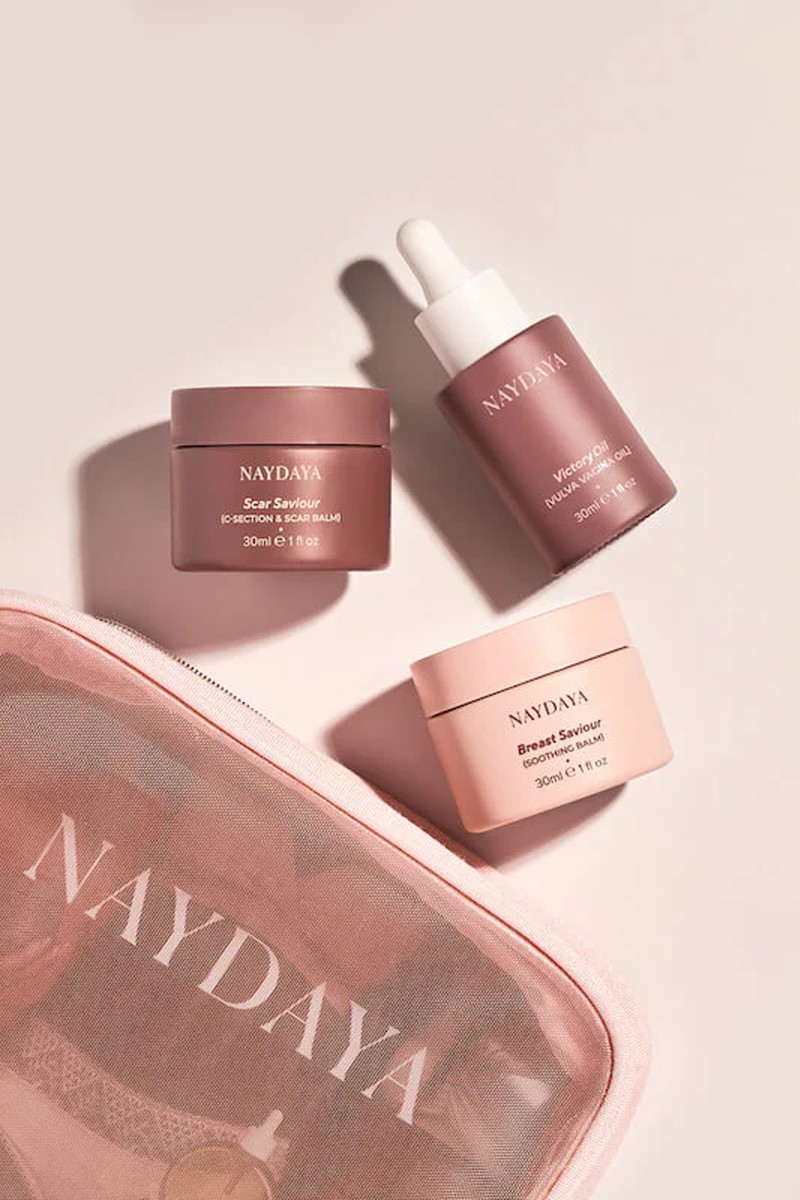
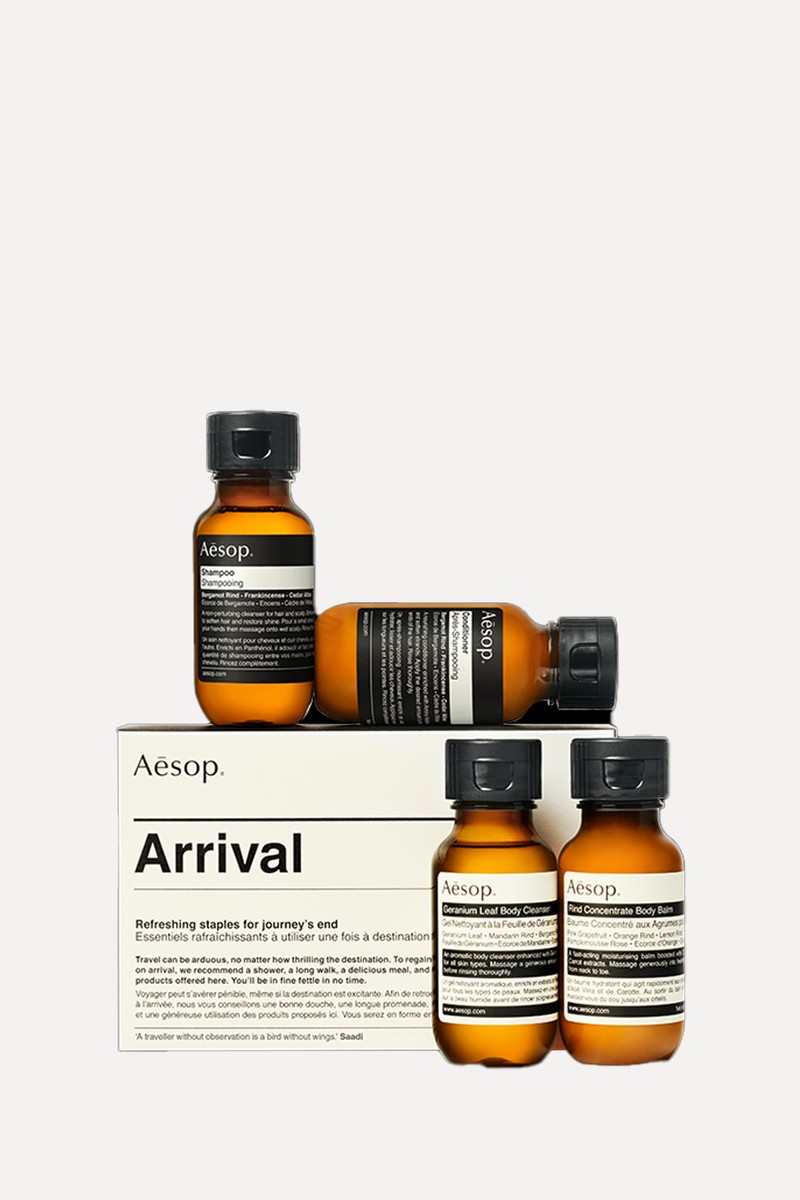
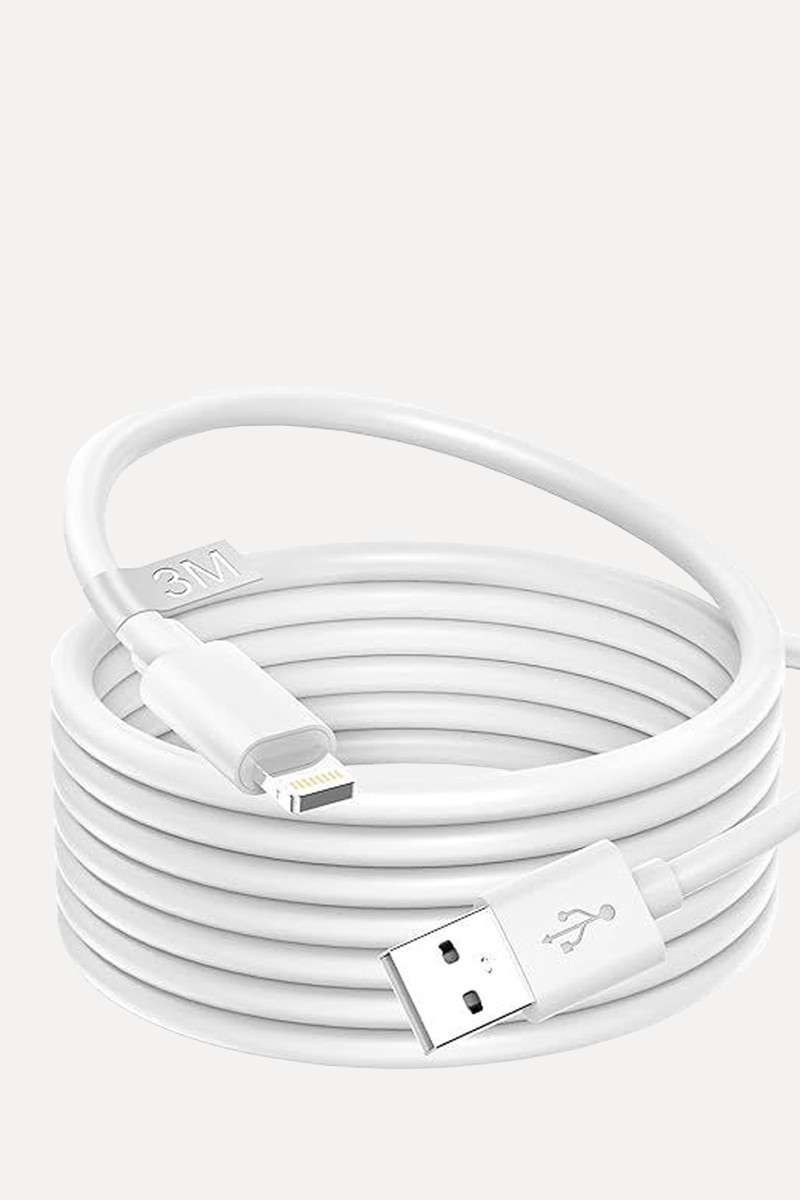
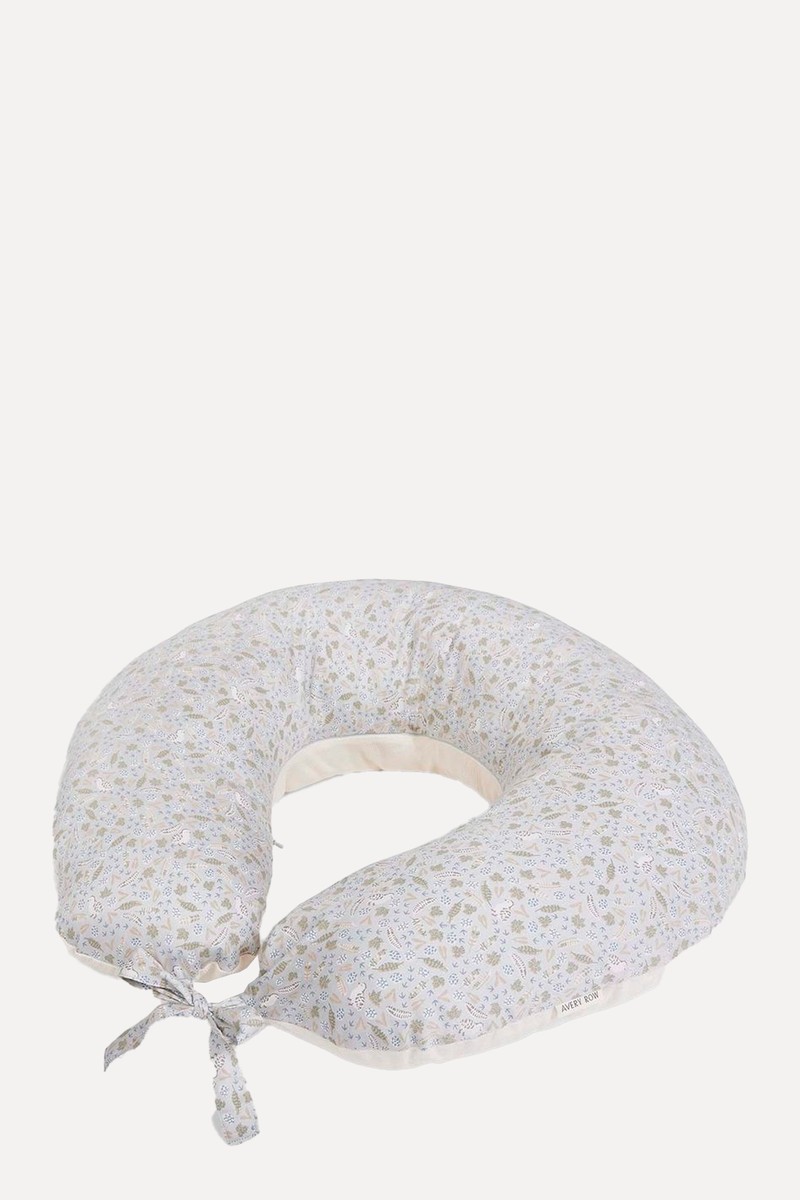
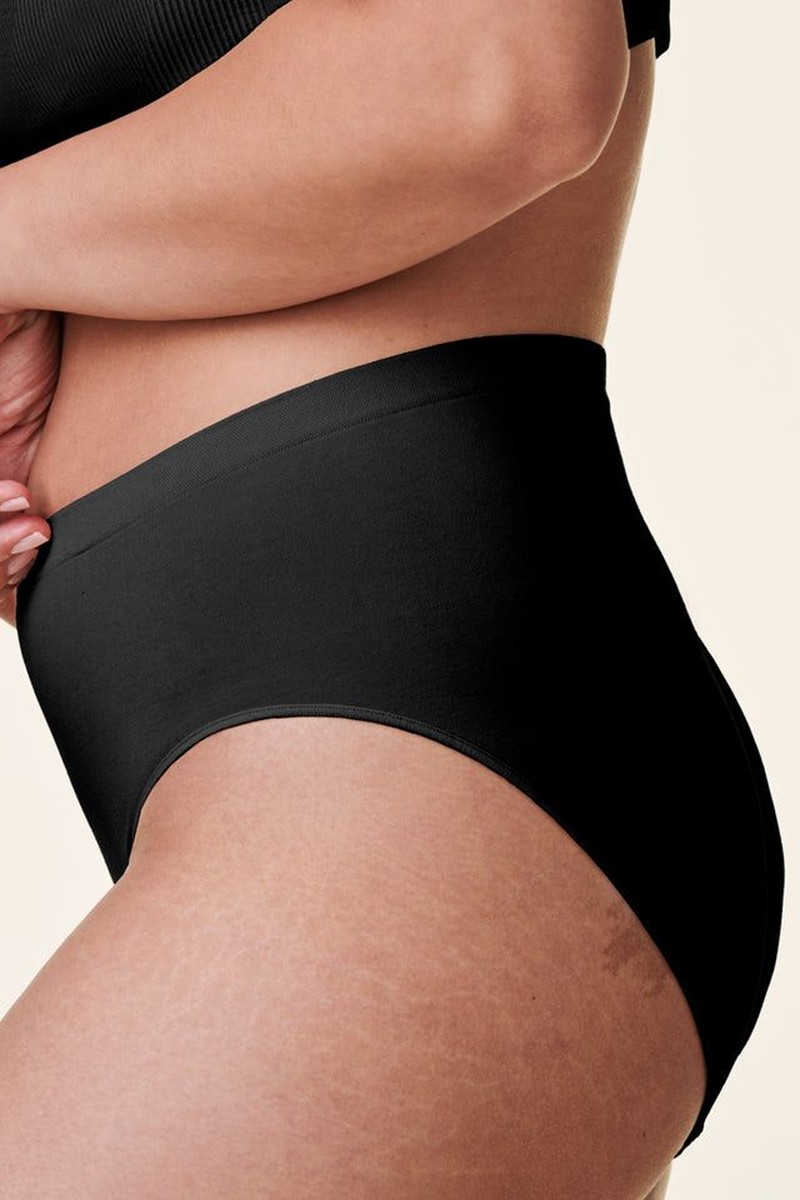
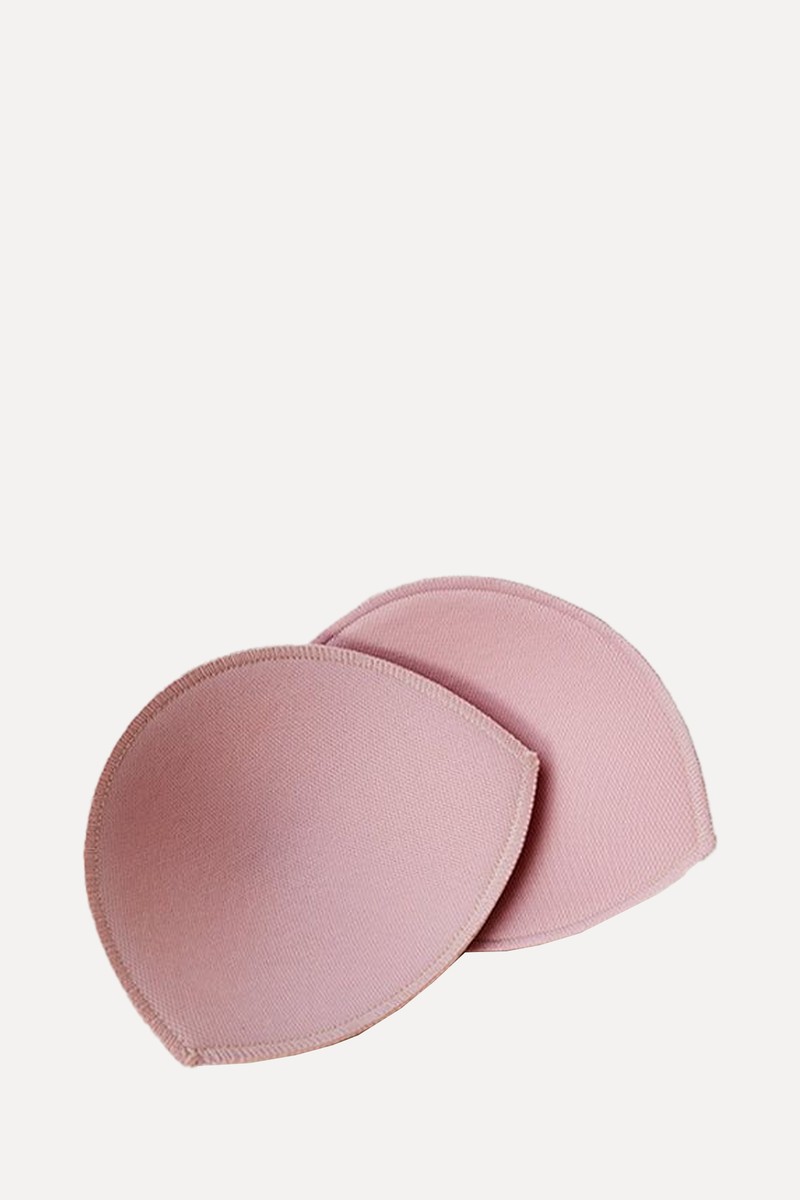
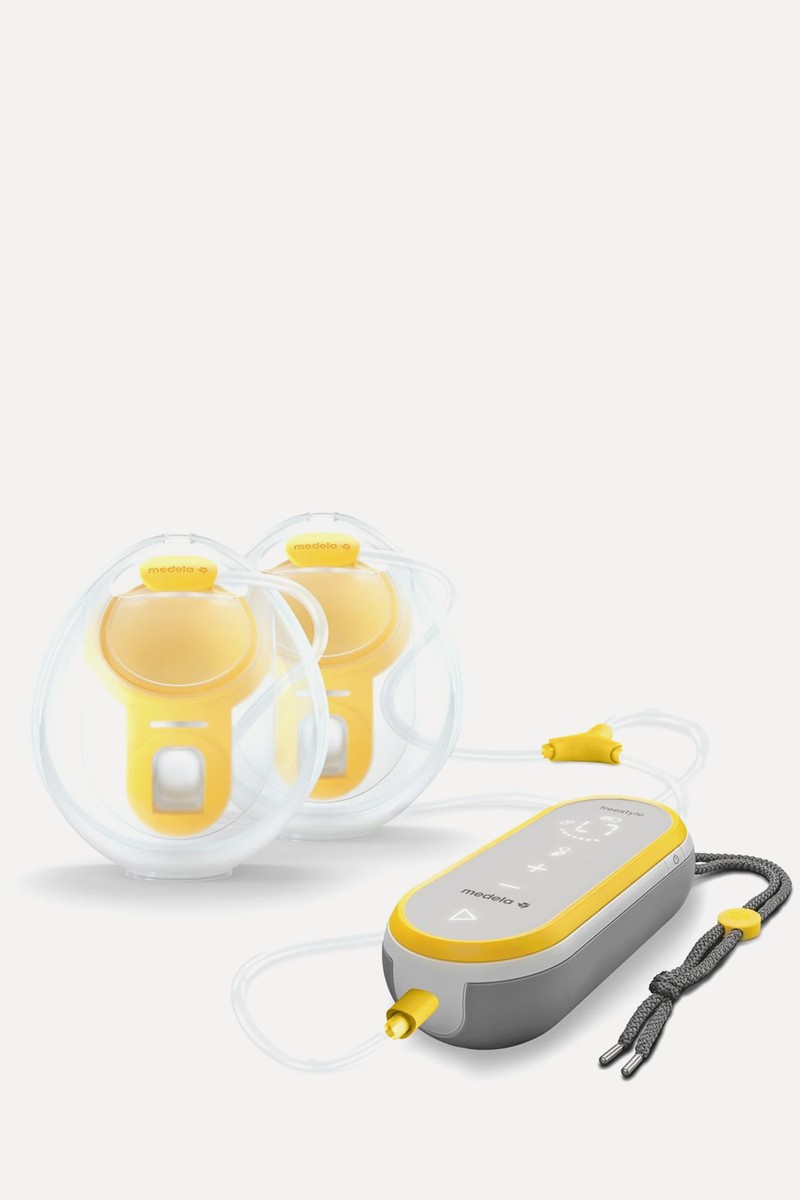
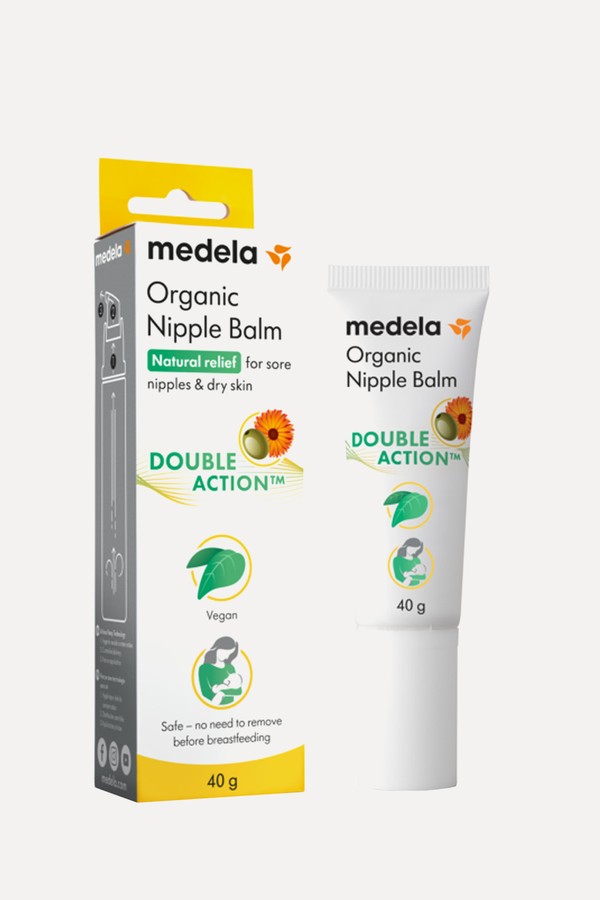
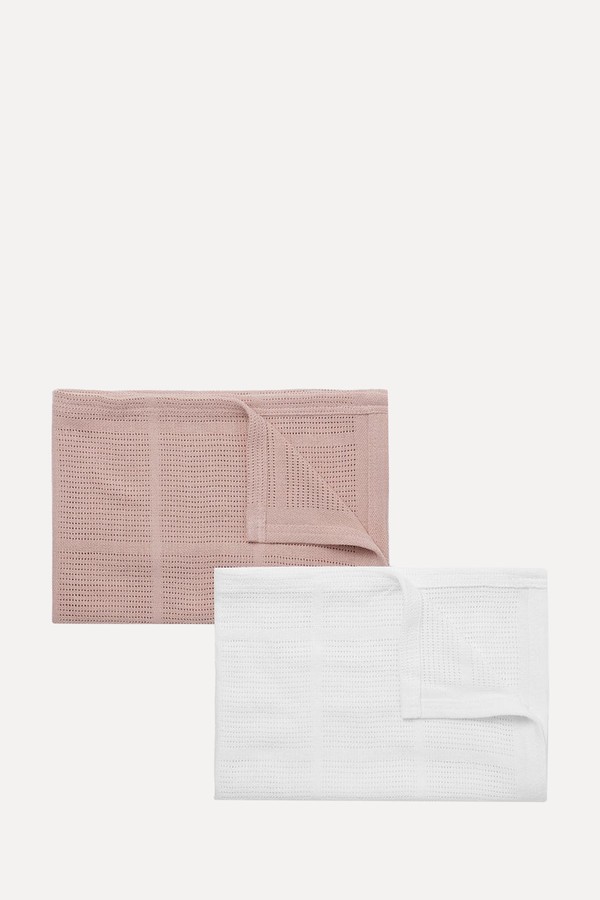
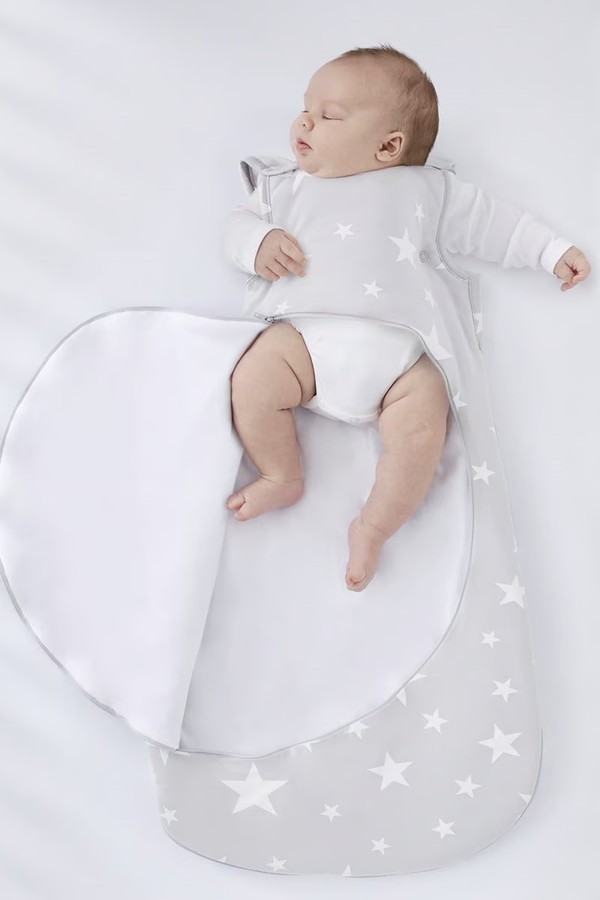
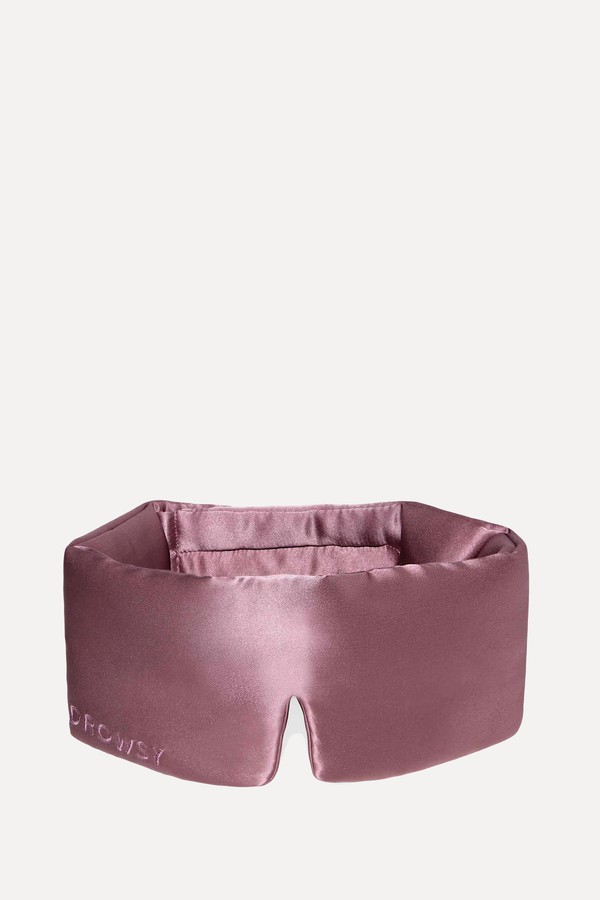
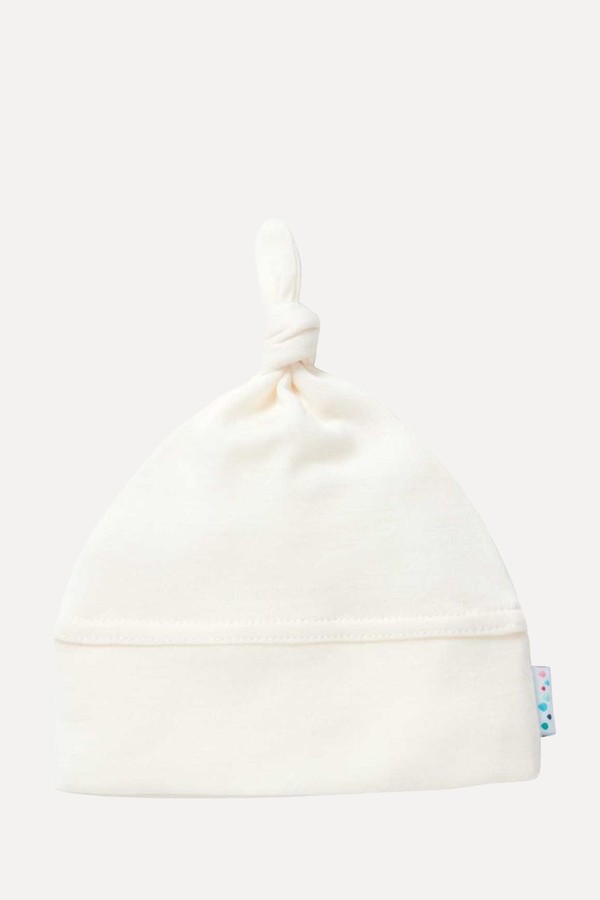
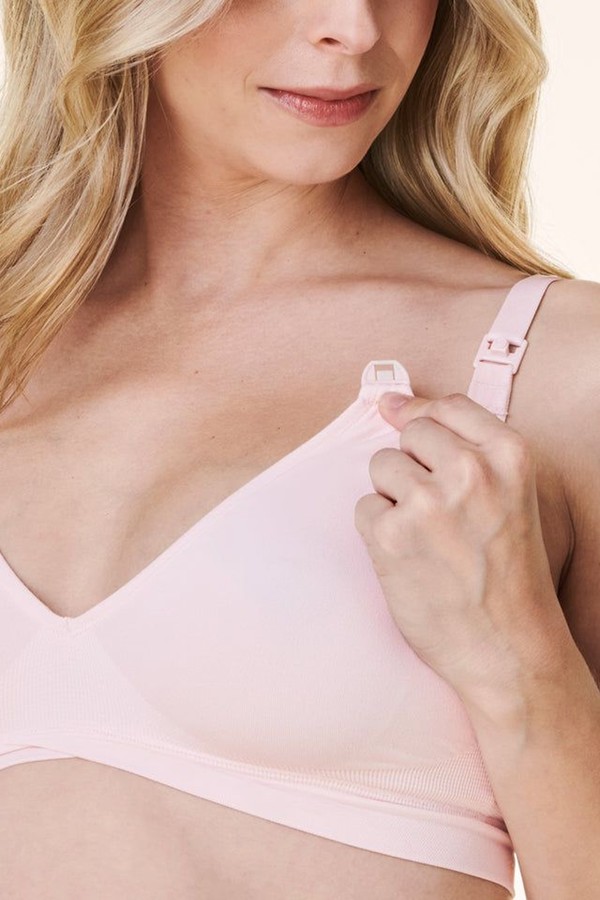
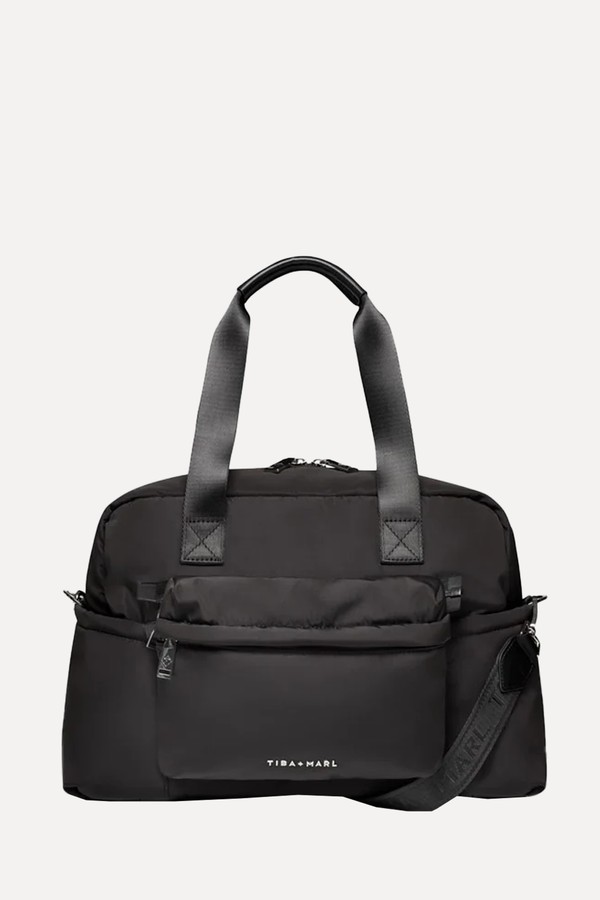
DISCLAIMER: We endeavour to always credit the correct original source of every image we use. If you think a credit may be incorrect, please contact us at info@sheerluxe.com.
All products on this page have been selected by our editorial team, however we may make commission on some products.
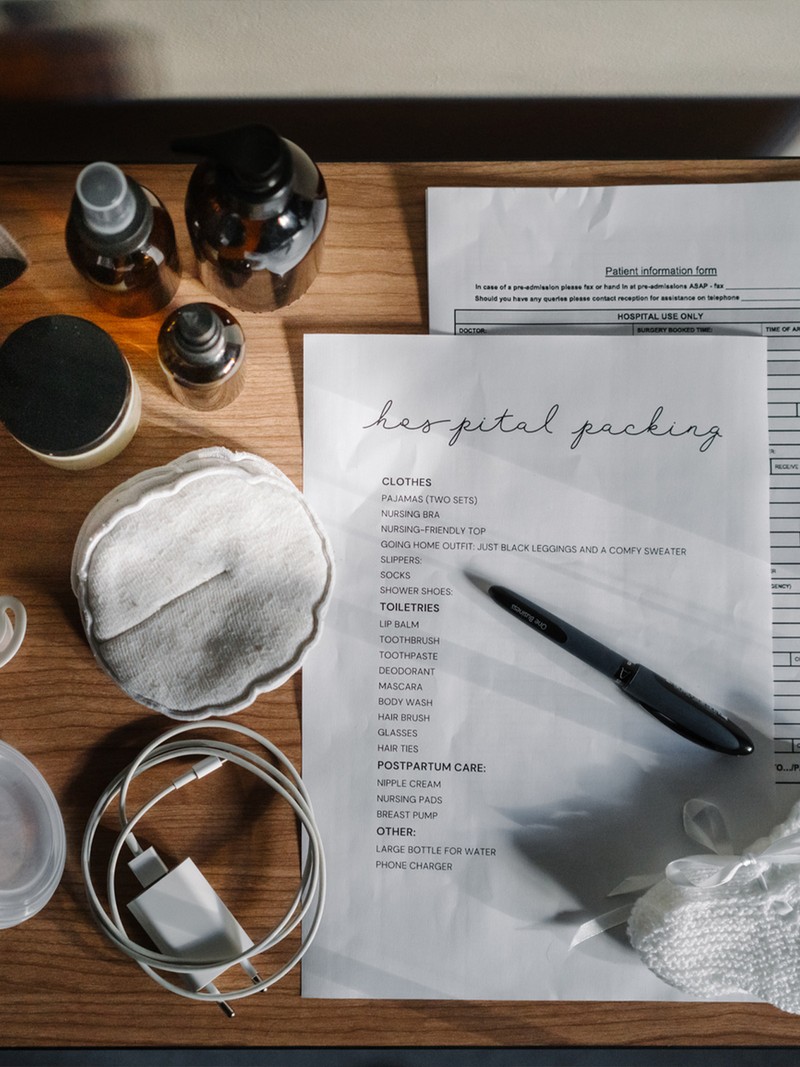
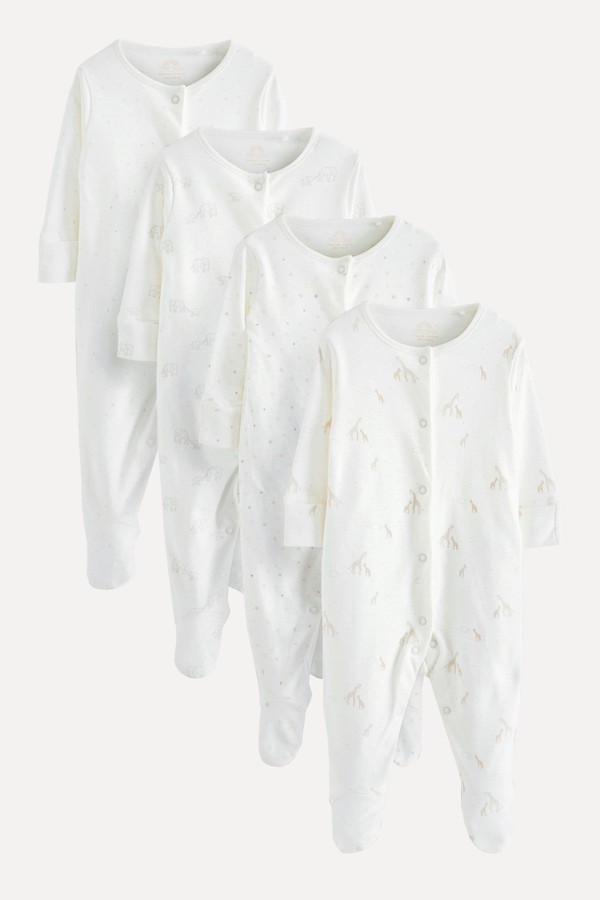
/https%3A%2F%2Fsw18.sheerluxe.com%2Fsites%2Fsheerluxe%2Ffiles%2Fwebsite-images%2F2025%2F04%2Fnew-parenting-background-image.jpg?itok=rRrLkJpg)